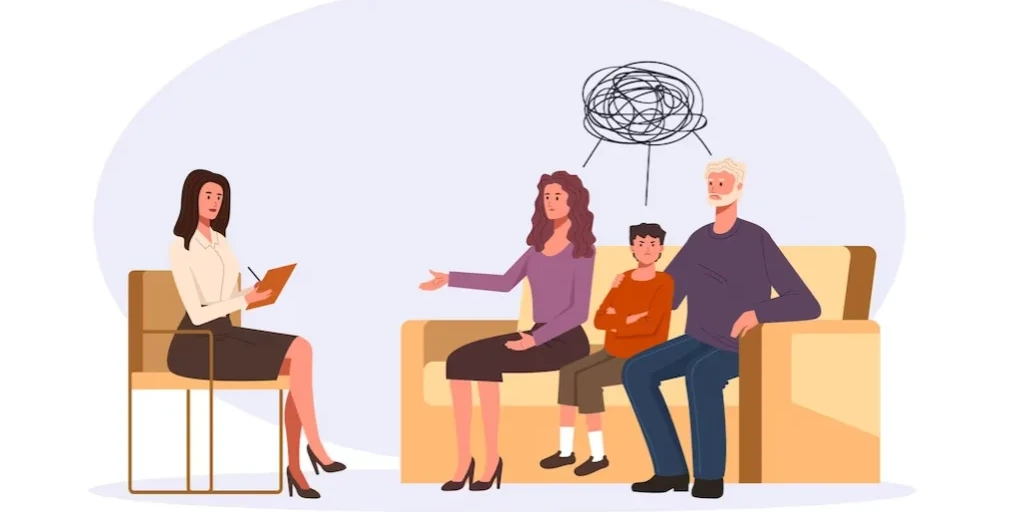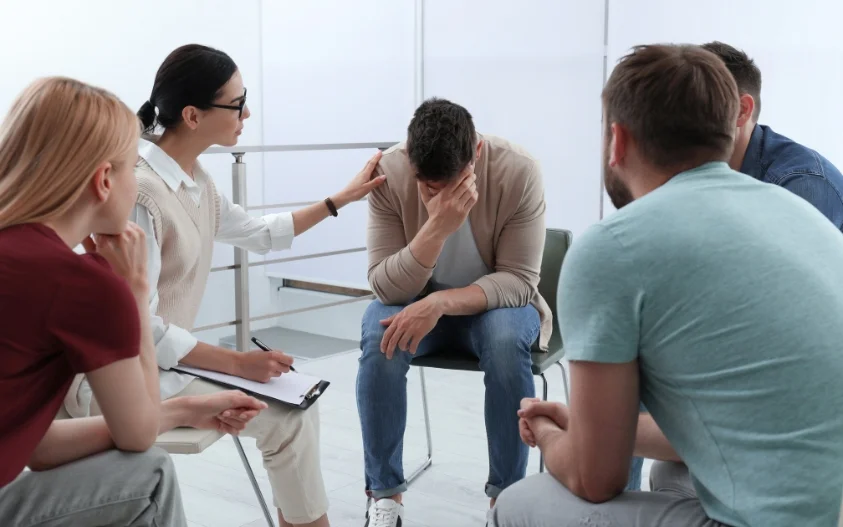24/7 Helpline:
(866) 899-221924/7 Helpline:
(866) 899-2219
Learn more about Ritalin Rehab centers in Choctaw County

Other Insurance Options

GEHA

Carleon

MHNNet Behavioral Health

American Behavioral

UnitedHealth Group

Regence

Amerigroup

Access to Recovery (ATR) Voucher

Premera

Ambetter

Lucent

BHS | Behavioral Health Systems

Health Partners

Choice Care Network

Oxford

Magellan Health

MVP Healthcare

Private insurance

EmblemHealth

WellCare Health Plans












Community Counseling Services
Community Counseling Services is a private rehab located in Ackerman, Mississippi. Community Counsel...















